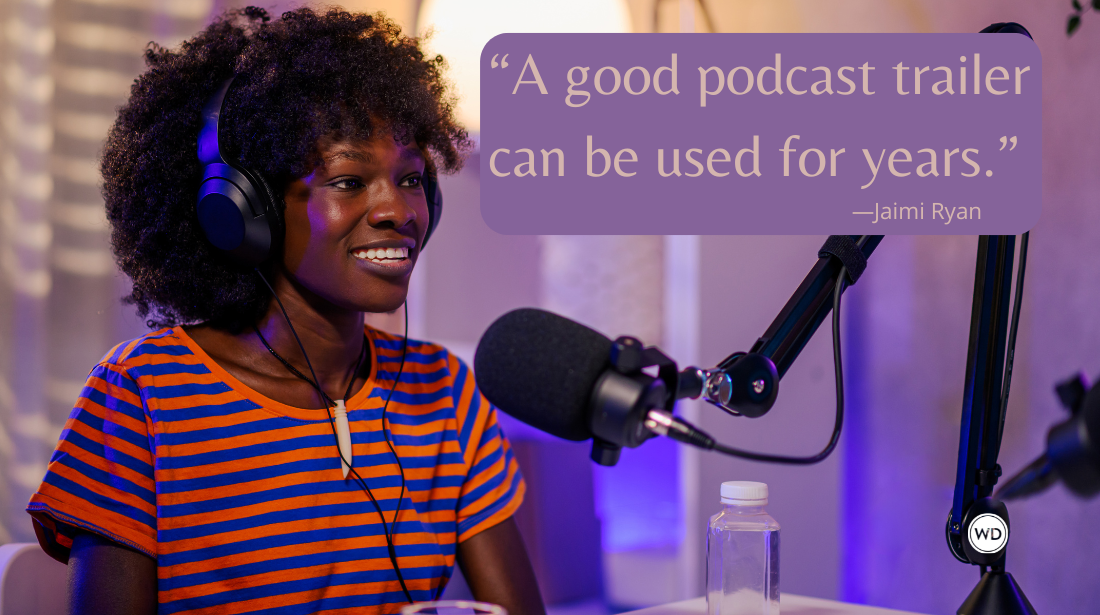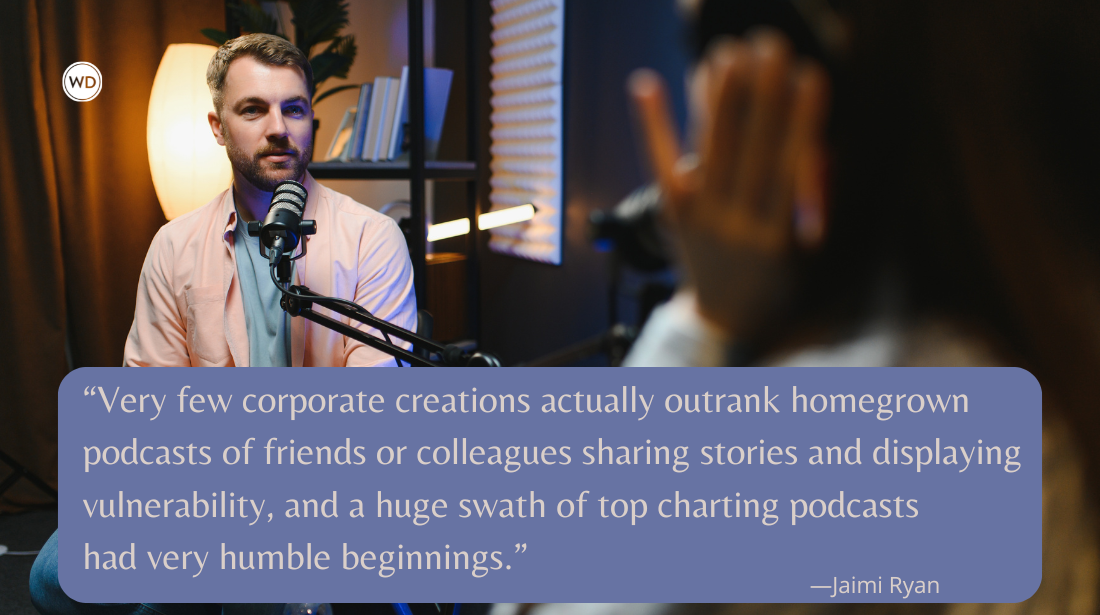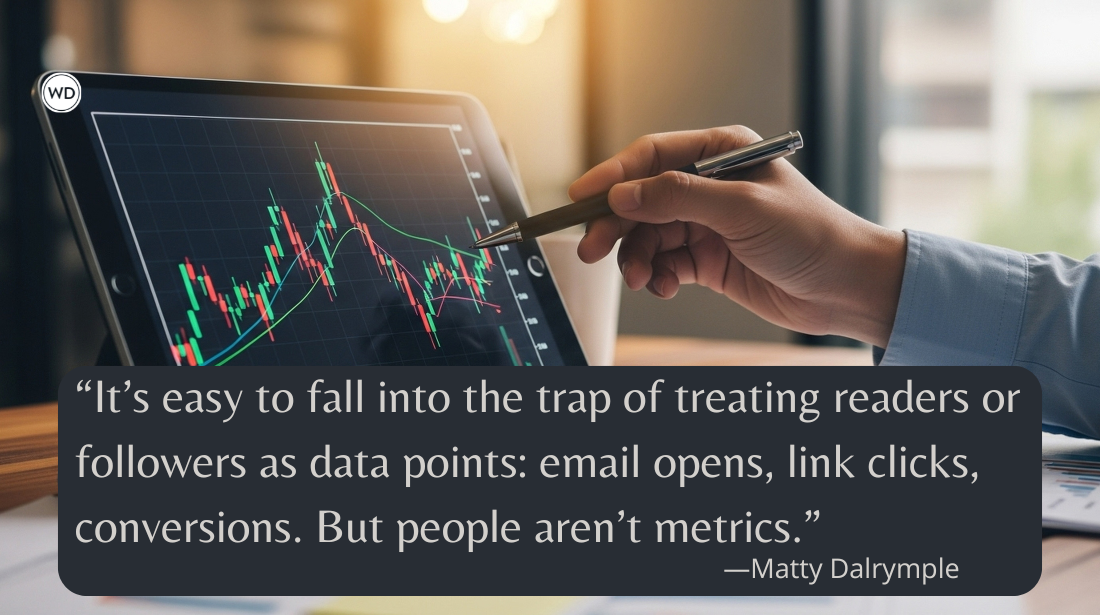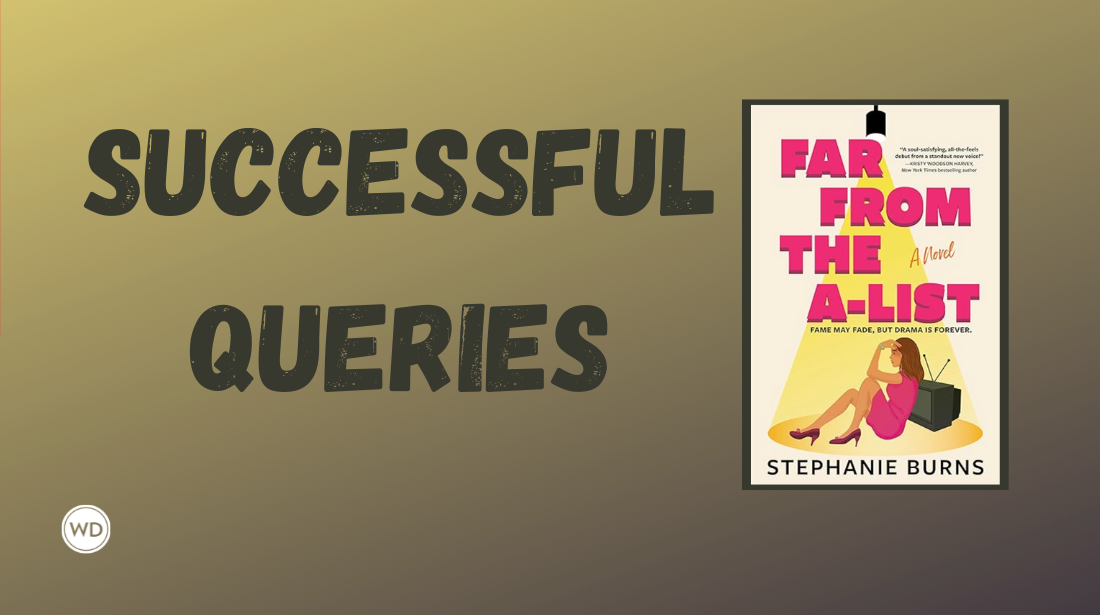How Much Do You Care? It Might Determine Your Success
I’ve been thinking a lot lately about the concept of caring (and understanding), and how it affects our choices in life—whether to build a partnership with someone, to buy or…
I've
been thinking a lot lately about the concept of caring (and
understanding), and how it affects our choices in life—whether to build
a partnership with someone, to buy or commit to a product or service,
or to participate in a group or organization. For example:
- The Chief Happiness Officer has always believed that employers must actively care for and serve their employees first if they want customers to also be cared for, and for the business to grow.
- A
while ago, I copied the following from a magazine article about good
speaking skills: "The audience does not care how much you know until
they know how much you care. If you speak from the heart, you'll get
inside their heads. Passion is more important than genius. Focus on
lifting the audience higher."
I recently experienced the power of caring, up close and personal, with our rocky re-launch of WritersMarket.com. We serve many thousands of writers through this subscription service, and for a while, we had trouble keeping the site live. Eventually we decided the problems were pervasive enough that we needed to send a personal message to all subscribers explaining what was happening, and offer our sincerest apologies for the disruption in service. I wrote this note and included my personal e-mail address, along with the editor's (Robert Brewer), inviting people to contact us for any reason.
Many people did contact us, and while I expected (and received) very valid criticisms, I also received just as much (if not more!) positive feedback, from customers who thanked us for honest acknowledgment of the situation and appreciated our care for their concerns. While I would never wish to repeat the unfortunate series of events that led to me writing this letter, it was a huge lesson learned that many customers, even if dissatisfied, can experience a change of heart if they encounter a real person who is addressing their concerns, or attempting to meet their needs.
As an example of a bad-caring experience, I'll relate my recent encounter with Hilton. I had reserved two rooms at a Hilton for a conference nearly a year in advance. (The popularity of the conference means that early reservations are critical.) About a month before the event, due to staff changes and budget cuts, I called to cancel one of the rooms. I spoke with several of the Hilton staff directly, and they all refused to cancel without charging for a full night plus tax, since the cancellation policy was 55 days' notice (!). But we all knew the hotel would have no trouble filling that room if it became available, so it felt like this was one instance where they should have waived the one night charge. I felt like they did not understand, and worse, didn't even attempt to understand. (Every time I brought up any consideration, they simply restated their policy in a firm, monotone voice.) Result? I'll book anywhere but a Hilton.
In more direct relation to writing and publishing: Think about your creative drive and why you do what you do. No matter what motivates you, when it comes to putting your work (and yourself) out into the world, you have to stop focusing on yourself, and start focusing on how you care about people, and how you'll show that you care. More than ever, good businesses and good products are based on passionate people who care about what they're doing. People are searching for that authenticity. How can you match the needs of others to what you're producing? Stop thinking about your goals; if you can meet other people's goals, then you're on your way to success. As Seth Godin asked in a recent blog post: What could you build (or do) that would be a dream come true for a particular group?
Jane Friedman is a full-time entrepreneur (since 2014) and has 20 years of experience in the publishing industry. She is the co-founder of The Hot Sheet, the essential publishing industry newsletter for authors, and is the former publisher of Writer’s Digest. In addition to being a columnist with Publishers Weekly and a professor with The Great Courses, Jane maintains an award-winning blog for writers at JaneFriedman.com. Jane’s newest book is The Business of Being a Writer (University of Chicago Press, 2018).









